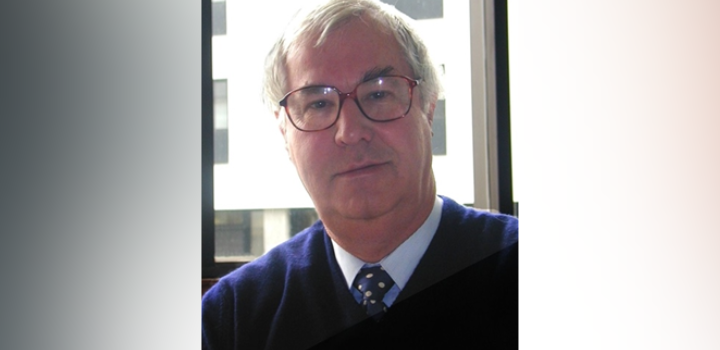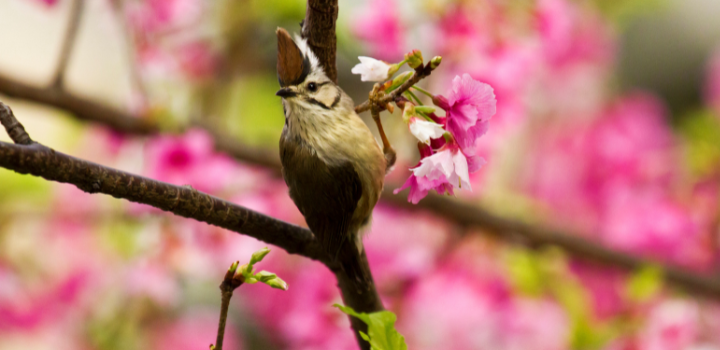Honorary Doctorate for Diversity’s Ashley Banjo
By: Communications

Dancer, choreographer, and television personality Ashley Banjo MBE, appeared at Cliffs Pavilion in Southend alongside over 250 South Essex Colleges (SEC) students, to mark their achievements and receive his own honorary degree from UEA, who accredit several courses at SEC’s University Centre, including BSc (Hons) Exercise, Health & Sports Performance, and FdSc / BSc (Hons) Mental Health and Well-Being.
Ashley, who founded the street dance troupe Diversity, that won Britain’s Got Talent in 2019, has since gone on to work on several TV shows, including the BBC’s Can’t Touch This, and ITV’s Dancing on Ice. In 2022 he was awarded an MBE for services to dance.
In a Instagram post to his more than one million followers, Ashley said:
“I’m so humbled to say that the University of East Anglia presented me with an honorary degree of Doctor of Civil Law, honoris causa.
“In truth I thought long and hard about whether I felt worthy to even accept. Not out of a lack of self worth, but out of respect for all the graduates who have shown incredible determination to achieve their degrees. They are all incredible. But in the end I realised that we all have very different journeys to sometimes arrive at the same destination.
“All of us have the potential to go and build our own legacy. Even if not in the way you initially intend. Try to embrace your creativity, uniqueness and always have fun in the process. Congratulations once again to all the graduates and thank you to the university.”
Related Articles

Remembering Professor Stuart Penkett
Friends and colleagues at UEA were saddened to learn of the death of Stuart Penkett, Emeritus Professor of Environmental Sciences, who passed away at the start of January.
Read more
Inside the animal kingdom: Experience a dissection live with Prof Ben Garrod and Dr Jess French
Join Prof Ben Garrod, UEA’s Professor of Evolutionary Biology and Science Engagement, and veterinary surgeon Dr Jess French on Saturday 11 April for a unique look into animal biology.
Read more
‘Energy efficiency’ key to mountain birds adapting to changing environmental conditions
Research led by the University of East Anglia (UEA) sheds new light on how mountain birds adapt to changes in climate.
Read more